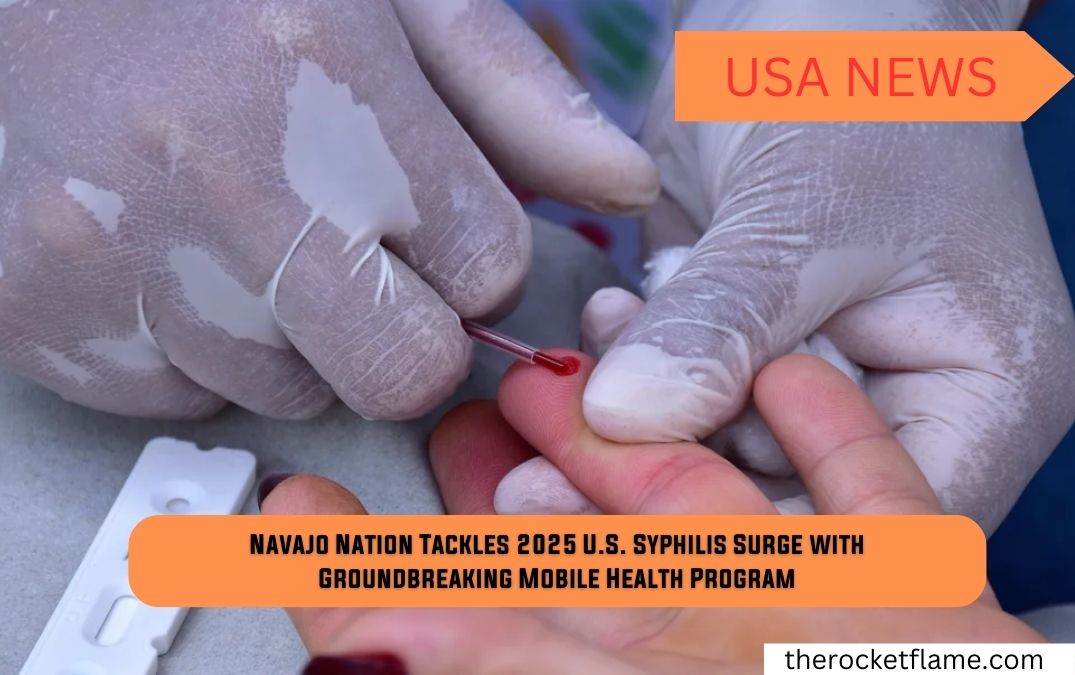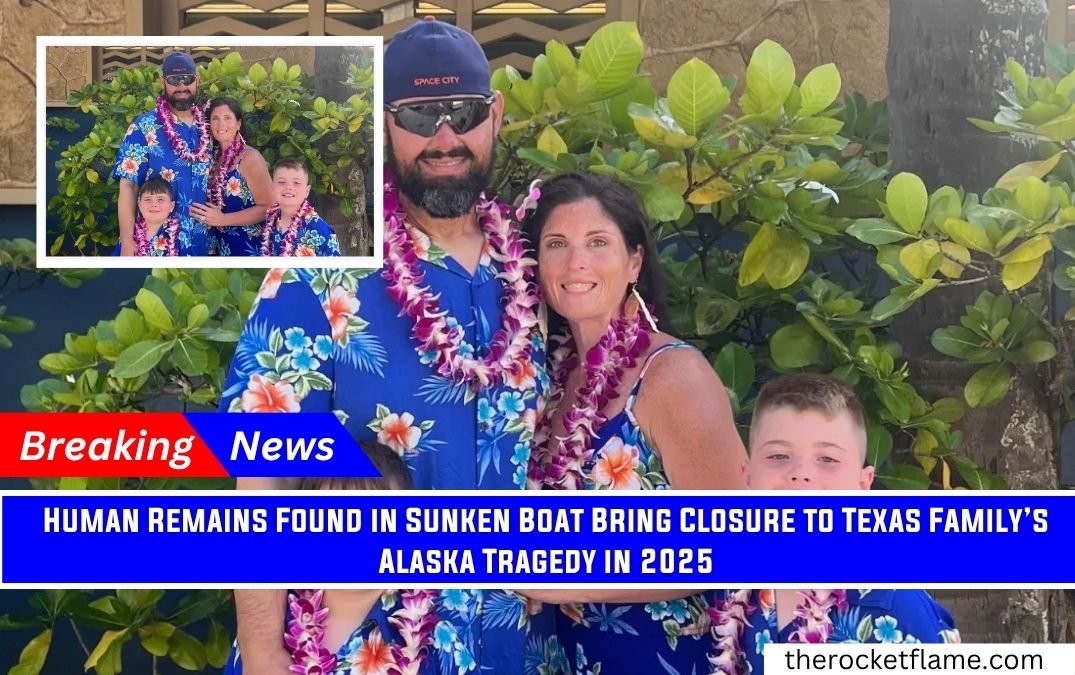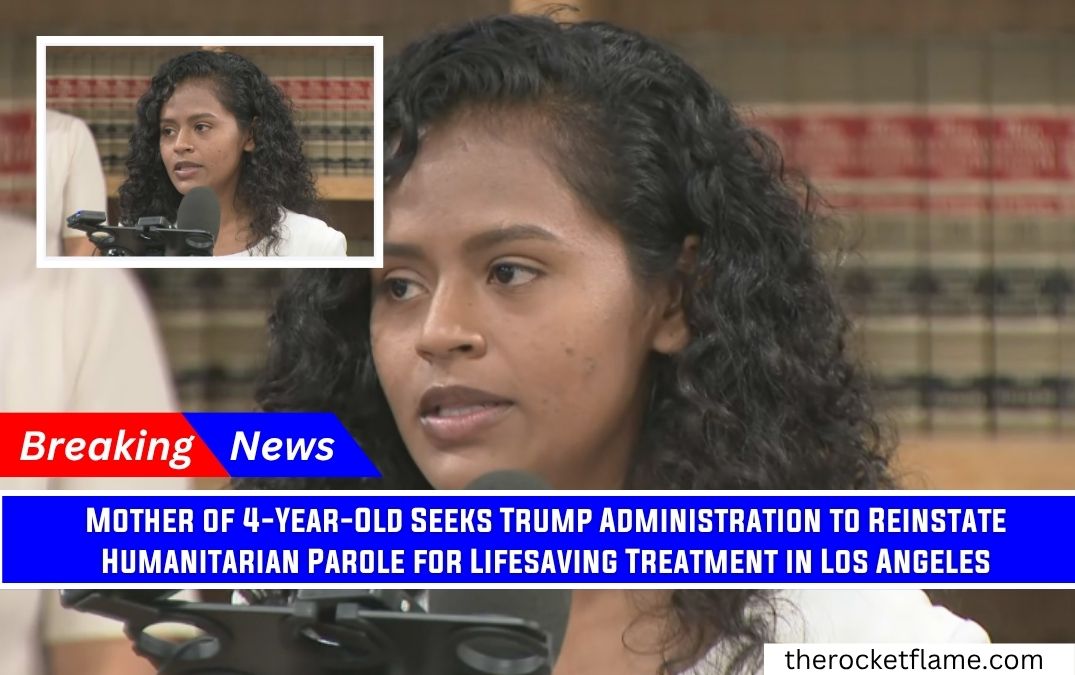The Navajo Nation is taking bold steps to fight the rising syphilis epidemic in the United States.
Amid a national spike in cases, the tribe’s innovative mobile health outreach is achieving real success — even as federal funding for STD prevention continues to decline.
What Happened
Syphilis infections are surging across the U.S., with over 209,000 cases reported in 2023, a drastic increase from 34,000 in 2003.
The crisis is especially severe among Indigenous communities. Native American babies are eight times more likely than white infants to be born with congenital syphilis — a preventable but dangerous condition.
Key Details
The alarming rise in syphilis parallels a major drop in the CDC’s STD prevention budget, which has fallen from $169 million to just $80 million over the past two decades.
This funding gap has left vulnerable populations, including Indigenous communities, at greater risk. Congenital syphilis can result in stillbirths, developmental issues, or infant death, yet early detection and treatment are usually effective in preventing transmission.
Reactions or Statements
In response, the Navajo Nation’s public health team, led by nurse Melissa Wyaco and Dr. Jon Iralu, is working directly with at-risk populations.
They’re deploying a mobile outreach program that offers free testing and immediate treatment in accessible locations like:
- Food pantries
- Jails
- Motels
- Homeless encampments
This community-centered model has led to a 20% drop in syphilis cases in certain areas.
Investigation or What’s Next
The CDC and other public health agencies are monitoring the success of the Navajo Nation’s approach. Health officials hope that this model could be replicated in other underserved areas.
Efforts are also underway to restore federal funding for STD prevention, which could allow wider implementation of mobile health services across the U.S.
FAQs
What is syphilis?
Syphilis is a sexually transmitted infection that can cause serious long-term health issues if left untreated.
Why are Indigenous communities more affected?
Factors include limited access to healthcare, poverty, and systemic disparities in medical resources.
What is congenital syphilis?
It occurs when a pregnant woman with syphilis passes the infection to her baby, which can lead to severe health outcomes or death.
How is the Navajo Nation addressing the crisis?
Through mobile outreach units that bring testing and treatment directly to the people most at risk.
Can this approach be expanded nationwide?
Yes, public health experts believe the model could benefit many underserved U.S. communities if properly funded.
Summary / Final Takeaway
As syphilis resurges in the U.S., the Navajo Nation is proving that grassroots, community-based healthcare can lead to real results.
In the face of funding cuts and systemic health gaps, their innovative mobile response is offering hope — and a blueprint for national action.












